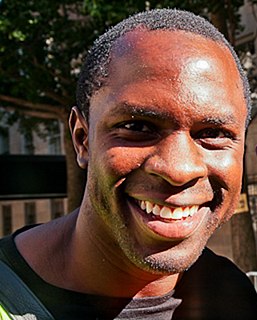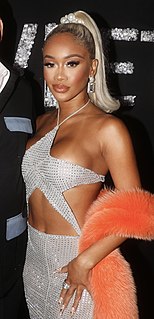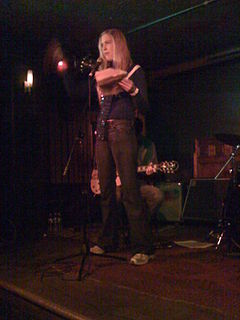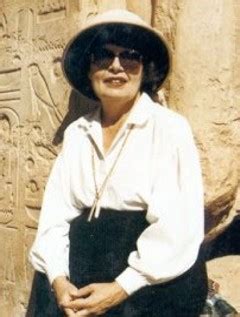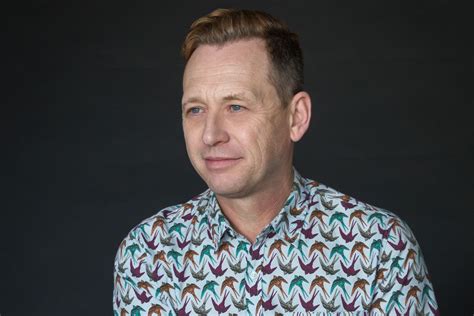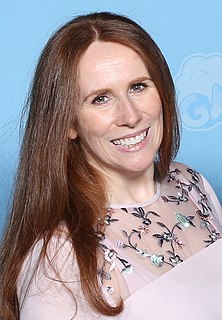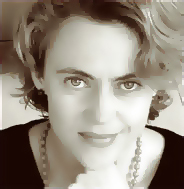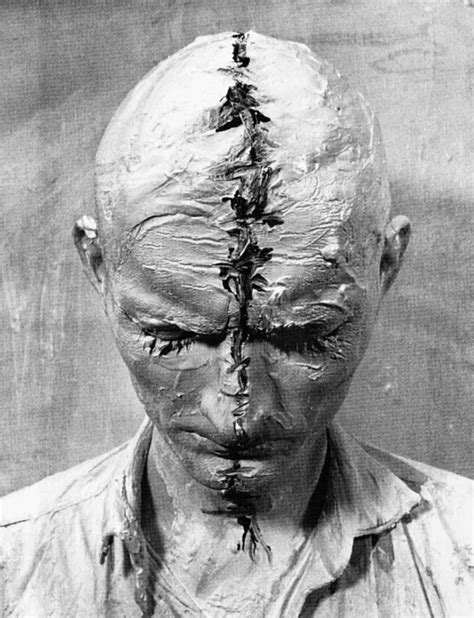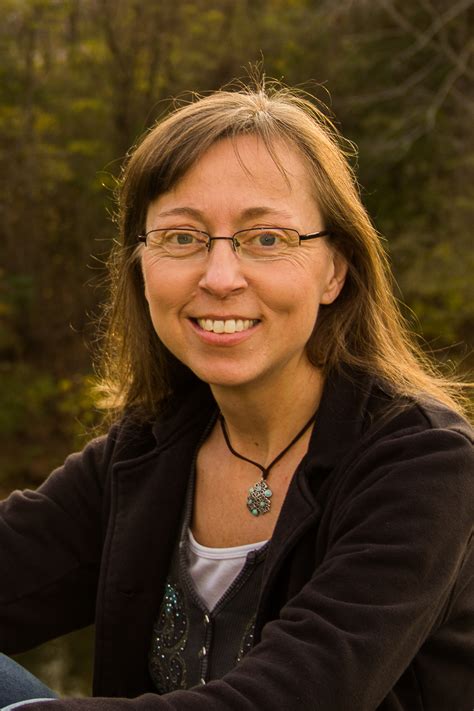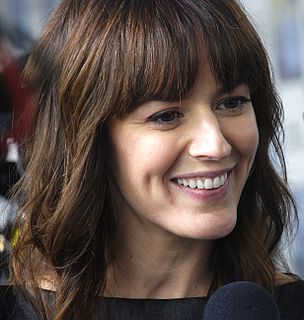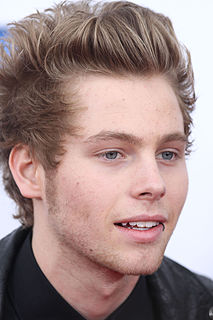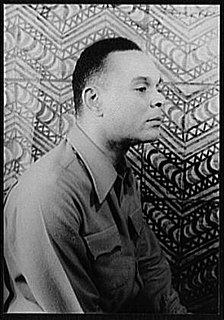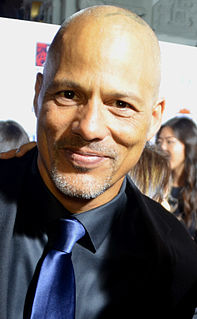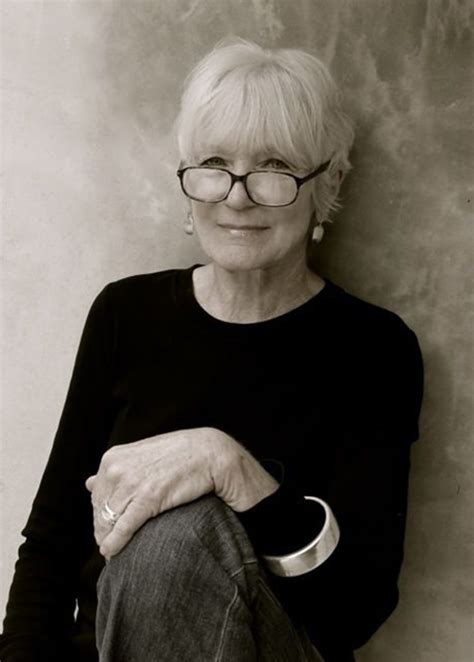Top 1200 Writing Quotes & Sayings - Page 4
Explore popular Writing quotes.
Last updated on April 20, 2025.
With my students I give them lots and lots of guided writing. Part of it is as simple as writing a lot but not toward anything. The mind floats. Then I help them see where the language has heat. If we do this a lot in class, students eventually relax into this writing practice and enjoy it. Even just that - writing pleasure without the anxiety of "audience" or "grade" or "success" - is a kind of impetus toward the unfamiliar.
I think all writing is about writing. All writing is a way of going out and exploring the world, of examining the way we live, and therefore any words you put down on the page about life will, at some level, also be words about words. It's still amazing, though, how many poems can be read as being analogous to the act of writing a poem. "Go to hell, go into detail, go for the throat" is certainly about writing, but it's also hopefully about a way of living.
Millions of people are joined in the knowledge that writing brings insight and calm in the same way that prayer, meditation, or a long walk in the woods does. They have discovered that writing allows the racing mind to move at the pace of pen and paper or the pace of typing on the waiting screen - that journal writing is a spiritual practice.
I started a writing class, not in service of writing a script or writing anything specific. I've just really been enjoying that, and oddly the group, not by design, but it just happened to be all women, and there were three women who gave birth this fall while we were all in class, and there's just something really great about getting to know these women through their stories and what they're writing about.
At first, teaching was more or less a straightforward way of making a living and having access to institutional resources while writing - aka libraries. And that was not inconsiderable. But it didn't in any way touch the writing. Maybe it would push the writing aside sometimes, but mostly it was fine.
Essentially, the scripts are not that different. Let's say, in literary terms, it's the difference between writing horizontally and writing vertically. In live television, you wrote much more vertically. You had to probe people because you didn't have money or sets or any of the physical dimensions that film will allow you. So you generally probed people a little bit more. Film writing is much more horizontal. You can insert anything you want: meadows, battlefields, the Taj Mahal, a cast of thousands. But essentially, writing a story is writing a story.
All of a sudden, when you're exposed to a large audience, they think you just started writing that day, but I started years before. I look back at things I wrote then and I'm so embarrassed - the writing seems so blocky and choppy to me and I wouldn't have wanted success any sooner because the writing was even worse.
Critics stopped being relevant when they stopped writing to inform and contextualize, and when they started writing to signal who they are, to display their identity by their stance on what they are writing about. Criticism should never be about the critic, but thats what it has become, and that’s why no one cares about them anymore.
When I started writing short stories, I thought I was writing a novel. I had like 60 or 70 pages. And what I realized was that I don't write inner monologue. I don't want to talk about what somebody is thinking or feeling. I wanted to try to show it in an interesting way. And so what I realized was that I was really writing a screenplay.
The main rule of writing is that if you do it with enough assurance and confidence, you’re allowed to do whatever you like. (That may be a rule for life as well as for writing. But it’s definitely true for writing.) So write your story as it needs to be written. Write it honestly, and tell it as best you can. I’m not sure that there are any other rules. Not ones that matter.
When writing goes painfully, when it’s hideously difficult, and one feels real despair (ah, the despair, silly as it is, is real!)–then naturally one ought to continue with the work; it would be cowardly to retreat. But when writing goes smoothly–why then one certainly should keep on working, since it would be stupid to stop. Consequently one is always writing or should be writing.
For me, a lot of Discipline was very personal writing, like writing through and working out being inside this gendered body and also the compulsions of the body, the muting of the mind as driven by the body. My father had died some years ago so he haunts the book too, just floats through it ghost-like. But, the writing of every book is different for me. They are so like living creatures, these books, so I don't know what's carried over into the writing of the next things - except maybe that I'm best when I make my writing practice a routine.
I've never had a mentor personally of any kind. It feels like, generally, in the writing world or the art world, it's more of a thing in America, because you have writing programs, which we don't have. You have these amazing writers who are teachers. I never did a writing program so I never met a writer until I was published. I guess I can't really explain my compulsion for writing these kind of mentor characters.
I can work a lot faster when I'm writing a screenplay than when I'm writing a play because, if I'm having a problem with a scene or something, I can just be writing it in a way where there's no dialogue, or find a way to make sound do the work that I want to do or a close-up do the work that I need to do.
